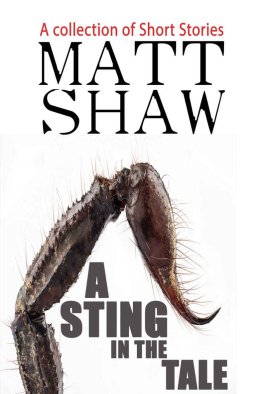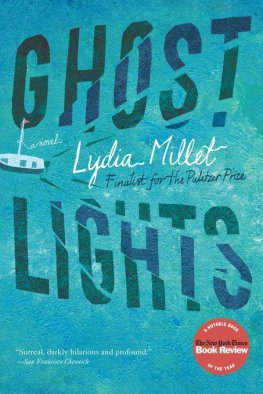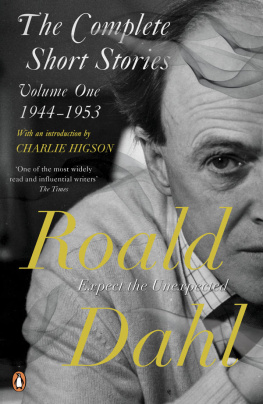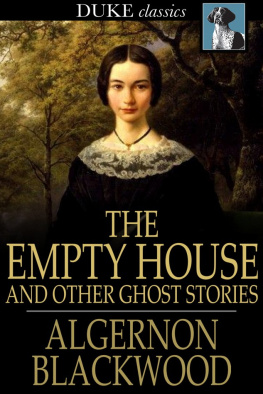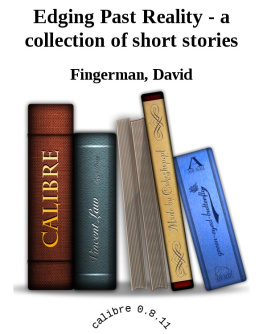Roger Curtis
LIGHTS IN A WESTERN SKY
For my grandsons Elias and Finley
in their later years
A staircase spiralling
Through generations
Chimney-like
In brick and stone
But measured in time
In its wall, vertically
Apertures, permitting
Glimpses
Of emanations
From men and their affairs
Lifting from the earth
Becoming
Lights in a western sky
The twenty stories presented here are from the same stable that produced Murchisons Fragment, a collection of short plays on the theme of trial and tribulation, with most having a twist at the end or an unexpected denouement. If they contain a message at all it is of the frailty and waywardness of the human condition, where what we do is seldom determined by a clear concept of good and evil but instead is influenced by the situations in which we find ourselves and the people that we encounter.
Most of the stories are original and unpublished, but four of them were precursors of plays in the above collection three under different titles and appear here because, in the authors opinion, they sit more comfortably in the present format. They are: Snow in Winter (The Pagoda), Chemosit (Murchisons Fragment), Johnnys Ride to Town (same title) and Judas Thomas (The Gospel of Judas Thomas). Notes accompanying the plays are to be found in Murchisons Fragment.
Three of the stories included here are based upon events surrounding the last days of the biblical Jesus. To those adhering strictly to the authenticity of the New Testament stories they may not be appealing. But for others uncomfortable with supernatural explanations for the miracles and the resurrection of Jesus they are attempts to show that rational explanations are possible, though no claim is made that they are more than illustrative. Since some background information is necessary for their full appreciation additional material is given in an appendix to the main text.
Although some of the stories may owe their origin to situations or incidents experienced or observed by the author, all characters are treated fictitiously. With the exception of brief mentions of publicly known figures no characters are identifiable with real individuals, living or dead. Similarly, existing or pre-existing places and locations mentioned in the text are treated fictitiously.
It was a rare Sunday in June, in the year 1781. The oppressive heat of the previous day had carried over into the bright morning and brought forth an abundance of winged life to populate an air already thick with heady perfume. Clutching his stick, and with Rosa, his nurse, supporting his elbow, Dr Pentarius steadied himself at the entrance to the garden and raised the trembling fingers of his free hand to halt their progress. He stood framed within the arch of box, staring and still, allowing the garden to play with his damaged senses.
I told you summer had come, Rosa said, squeezing his arm. You didnt believe me did you?
Dr Pentarius smiled, dimly remembering her promise.
They followed the gravel path to a point where the vegetation grew highest, forming a bower from within which neither the house nor noises from the Thames in fact no other trace of human activity besides the creation that was the garden itself could be perceived. Grasping Rosas arm, Dr Pentarius lowered himself into his cushioned wooden chair. His eyes followed the path leading across to the fountain and became fixed upon its bright and convulsing column.
Call me if you need me, Rosa said, picking up a little bell lying on the table and shaking it close to his face. I will bring your drink and a pastry at ten. Then she added, Amelia is coming today youll like that, wont you?
Dr Pentarius eyes widened at the mention of the five-year-old child who now came often to play in his garden. Yes, he replied, incorporating her image into the tapestry of floral colour, buzzing insects and sparkling water spread out before him.
On another summer morning six years earlier, the garden or, rather, what was to be a garden within a garden still existed only in Dr Pentarius imagination and on scribbled plans scattered amongst his papers.
Seen from the river, the house on Mortlake Terrace stood back, square and regular, behind iron railings. Its fashionable symmetry had become softened by the twenty-year-old birches planted on the very day that the newly crowned George III married Charlotte-Sophia. The greensward in their shade swept around the side of the house, encompassing a miscellany of younger growths, fresh and bright in the sunlight.
There was a familiar commotion around the steps leading down to the waters edge. There, a decorated barge, pennants flying, lay ready to depart on the high tide. Oars waved aloft were challenged by antenna-like poles, their bearers barely visible beyond the parapet.
From the window of his study beside the front door, Dr Pentarius observed this activity as an entomologist might scrutinise the waving appendages of a captured insect. He noted with satisfaction the tall and handsome figure of Charles, third son of Lord Somerset, looking on impassively while the bulky figure of his mother Pentarius patient was coaxed into the barge. A little apart now, Margaret, his comely daughter, stood deep in thought. Minutes earlier he had watched the young mans hand hover within an inch of her waist, battling against its owners better judgement, while she had turned her head away, demurely, flushing pink. With a third son Dr Pentarius considered that his own indeterminate status and his daughters youthful beauty might yet render a social barrier surmountable.
On top of that, it seemed that at last Lady Somersets acne was improving; and goodwill, too, was important in the equation. On this occasion he had prepared the tinctures with his own hand, releasing Margaret from the routine chore in the dispensary. The thought prompted him to wander into the adjoining room, where the walls were fronted by row upon row of jars and bottles, tidily arranged, their labels mostly in Margarets neat hand. On the central table an array of blocks, mortars, pestles and flasks flecked and smeared with diverse plant residues emitted a complex bouquet which Dr Pentarius sniffed as he might a rare and cherished wine.
Margaret had followed him, unnoticed, and now stood at his elbow. He turned and they exchanged wry smiles. But the implications of their complicity were for the future. Just now there were more immediate matters to attend to.
Side by side they looked out into the garden beside the house. The bare earth square of twenty-five paces might have been the foundations of a new building, were it not for the lines of tiny box plants marking its margin. Within its confines, Kingsland, the gardener, was raking the earth of beds whose irregularity contrasted with the geometric precision of the perimeter. Towards the far side a ragged hole suggested a pond under construction; nearer, a raised circle of bricks and mortar anticipated a statue or sundial. Only the previous day, from this same position, Margaret had been amused to see her father standing motionless on this very pedestal, eyes skyward, one hand clutching a herbal to his chest, the other grasping a lapel.
It was fortuitous, Margaret, that with the appointment of Forsyth as Gardener, the Chelsea Physic Garden adopted a more liberal approach to the release of plants.
Your list was rather long.
Well see what comes. When is the boat due?
Around three.
So we could start planting before dinner at five.
Patience was never one of your virtues, Father.
Two hours later Dr Pentarius and his daughter were standing on the steps leading down to the water. They saw a black speck separate from the flotsam of craft towards Hammersmith and transform itself into a skiff with a single oarsman rowing with power and regularity. As the boat drew into the steps, Kingsland stepped down and took the rope. Not until the skiff was secure and the oars had been stowed did the rower look towards the doctor and his daughter. But by then their attention was directed, not at him, but at the treasures the boat contained. Fronds of green, brown and yellow emerged tantalisingly from ragged bundles of sacking; bare roots, bulbs and tubers spilled from open baskets. Most intriguing of all were the lumpy sacks that did not yet reveal their contents.


